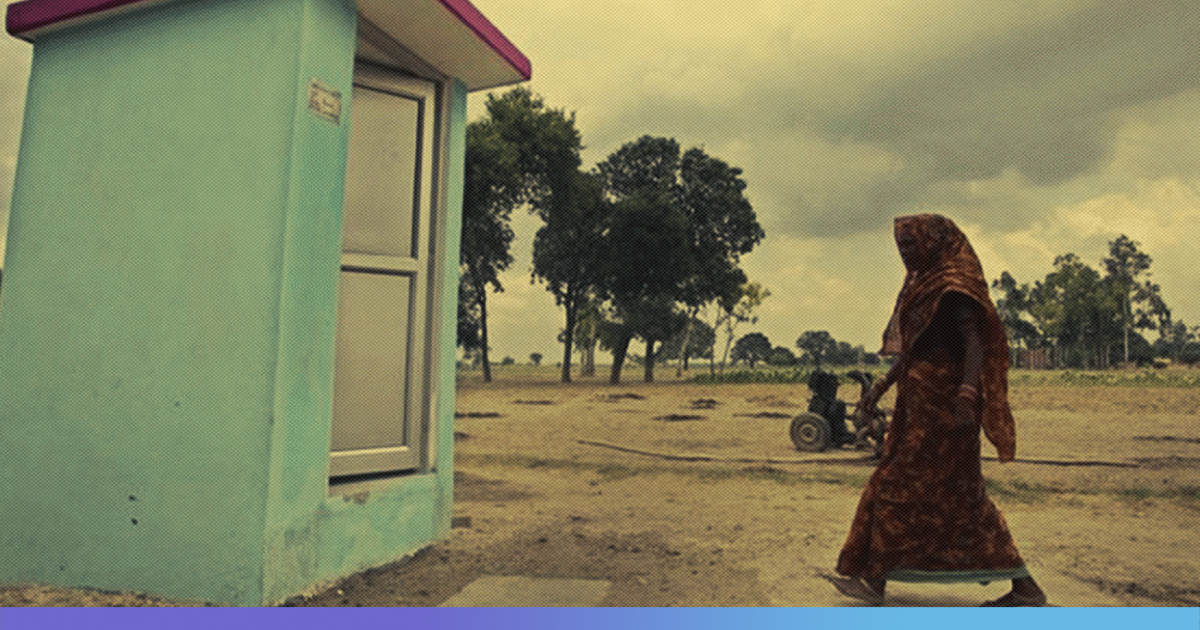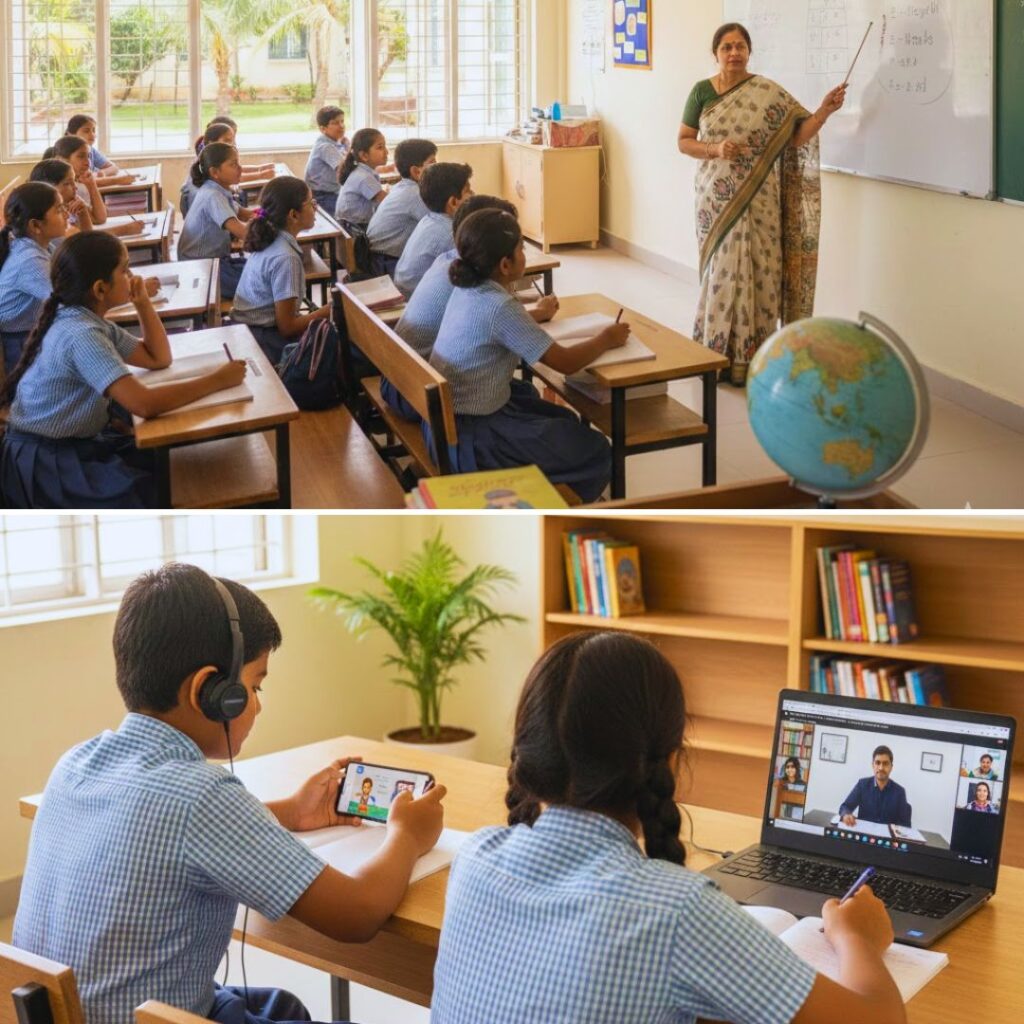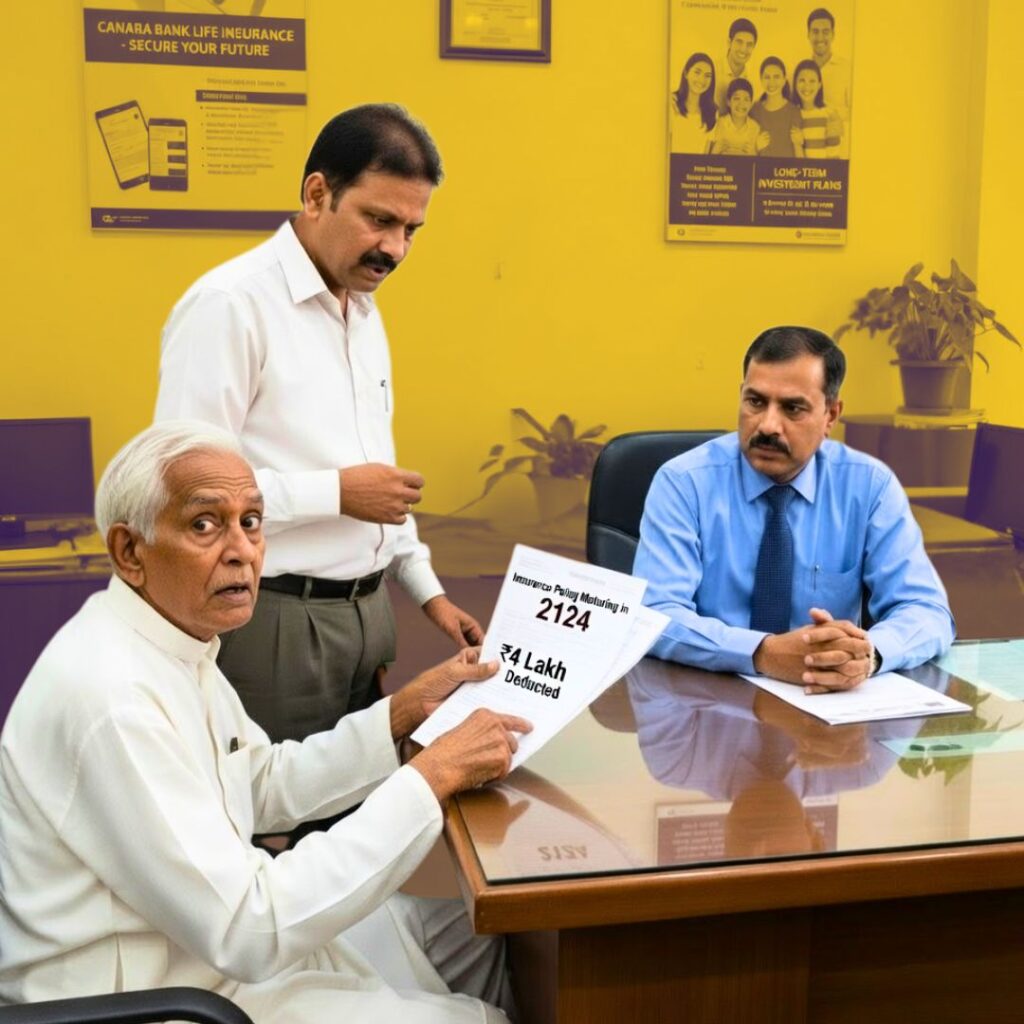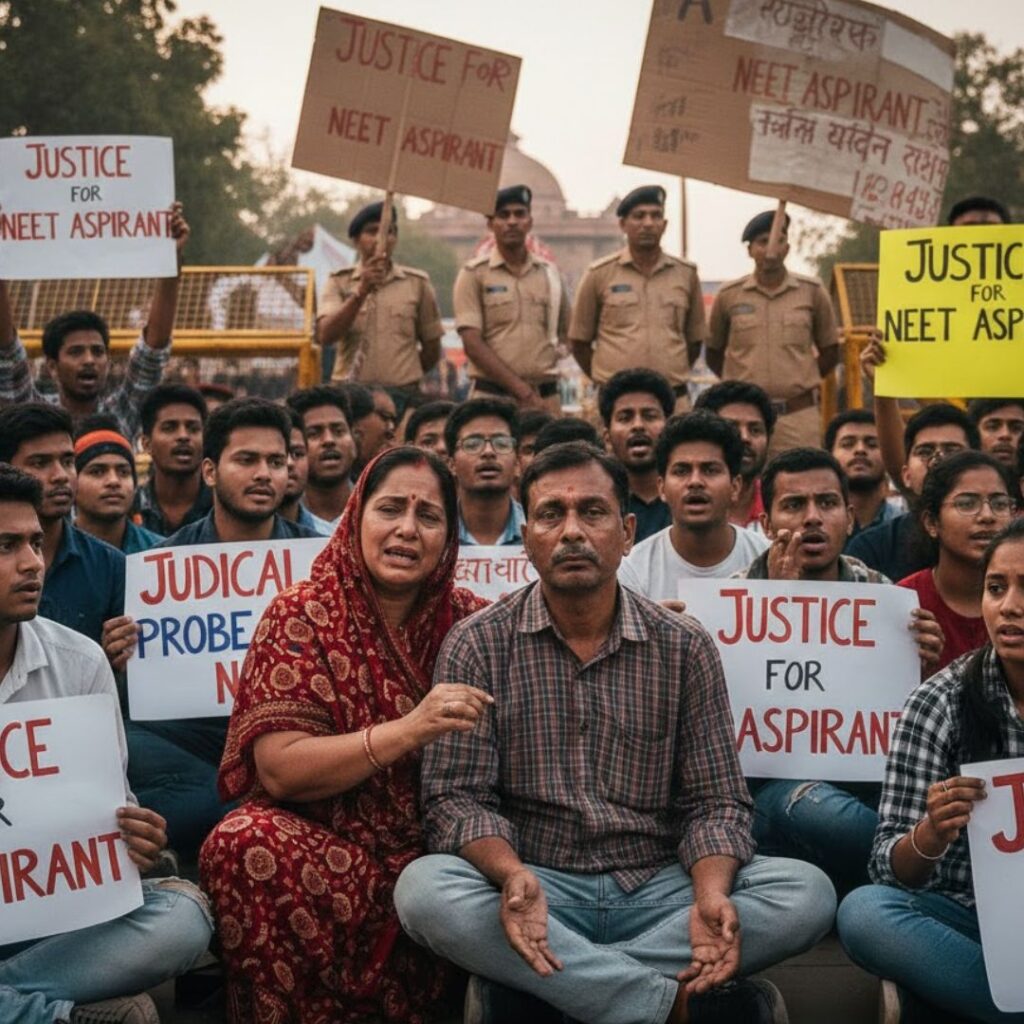A National Statistical Office survey on sanitation has questioned the claims of open-defecation free India under the Swachh Bharat Mission programme.
The survey was carried out between July and December 2018 and showed that only 56.6 per cent of households in rural areas and 91.2 per cent in urban areas had access to toilets.
The report also highlighted that one-fourth of rural household in India had no access to toilets during July-December of 2018. The government’s annual ‘Swachh Survekshan’ survey tracking the progress of the Swachh Bharat initiative also showed that 90.7 per cent of villages were “confirmed as open-defecation free (ODF).”
However, the survey conducted by the National Sample Survey Office (NSSO), a wing of the National Statistics Office (NSO), proves otherwise.
The sanitation survey held under the Ministry of Statistics and Programme was part of the 76th round of National Sample Survey (NSS) on drinking water, sanitation, hygiene, and housing conditions. It raised questions on the use of toilets and the reasons for not using them.
The sanitation department and the statistics and programme implementation ministry in a joint statement said that it was “inappropriate” to use the results of the NSS report to draw conclusions about the sanitation status in India due to some limitations and discrepancies.
The survey finds that despite the availability of toilets, many households did not use them regularly. Among those who have access to toilets, the survey says, about 48.4 per cent in rural areas and 74.8 per cent in urban areas used bathrooms attached to the dwelling unit.
According to the report, only 71.3 per cent of rural households and about 96.2 per cent of urban households have access to toilets. Of them, about 50.9 per cent of rural households and 48.9 per cent of urban households used ‘flush/pour-flush to septic tank’ system. The construction of toilets does not include aspects like providing water and electricity to the toilet blocks, which may also prevent people from using it.
Among households with access to toilets, 94.7 per cent of males and 95.7 per cent of females used them regularly in rural areas while in urban areas about 98 per cent of males and 98.1 per cent of females had regular access to toilets.
People who have built toilets at there homes do not have access to water, restricting them from using it. With the aim to construct more toilets, the government is missing out on the maintenance of toilets and awareness about the initiative.
In many families in rural areas, only women have access to toilets as it requires a lot of water to clean the toilets and it is not easy to fetch water from far distances. This forces all the men and children to defecate in the open.
According to the report, about 3.5 per cent of rural household members and 1.7 per cent of urban household members have never used toilets despite having access to them, and have defecated in the open. The reason for this, the report says, is the lack of availability of water in these toilets. It is found that about 4.5 per cent of rural households and 2.1 per cent of urban households with access to toilets reported non-availability of water in them. The survey also says only 48 per cent of rural households and 86.1 per cent of urban households had access to toilets in their premises.
According to the report, half the rural households in Uttar Pradesh and Odisha had no access to toilets in 2018.
Private researchers tracking open defecation say that the practice is still rampant in many areas. A team of demographers led by Dianne Coffey, executive director of the Research Institute for Compassionate Economics, found that at least 43 per cent of the rural population in Bihar, Madhya Pradesh, Rajasthan, and Uttar Pradesh, defecated in the open in 2018 because of “cultural and other reasons”. The population accounts to two-fifth of India’s total population.
Also Read: World Toilet Day: Is India Really Open Defecation Free?













